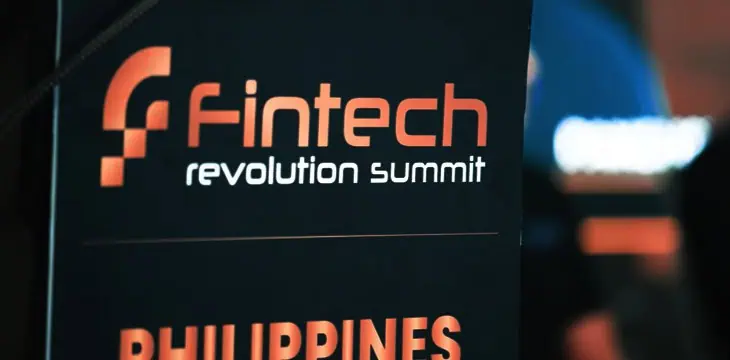|
Getting your Trinity Audio player ready...
|
Pixel Wallet has been a huge part of Bitcoin SV’s (BSV) history, launching support for it in December 2018 and providing a cool way for users to send and receive funds using pictures. Alex Fauvel, Founder and general partner of Two Hop Ventures, a Dutch venture capital firm that made their first investment in Pixel Wallet, revealed that they have much bigger plans in mind at the CoinGeek Seoul conference.
Fauvel began his presentation by describing what Two Hop Ventures is all about, and it’s all about BSV. It plans to raise 40 million euros for BSV startups, sticking to 10 year fund terms only, indicating their belief in long term investments in the original Bitcoin.
![]()
But he then corrected the notion that Pixel is just a wallet. “What Pixel actually is, is a proprietary process which effectively just hides data inside other data,” he told the crowd. It uses technology that hides data inside other data, much like how letters are sent in paper envelopes. “This is not jumbling up letters like encryption. This is as secret, so the message must be hidden. If it’s hidden, an attacker doesn’t even know where to look.”
Using stenography and Bitcoin, Pixel is working on a digital rights management system for identity, or as Fauvel called it, digital privatized identity. Like how Satoshi invented Bitcoin to put an end to the government manipulation of money, Pixel is hoping to help people take control of their identities.
And while a noble idea, it’s a profitable one too. Fauvel noted the major technology firms who already make hundreds of millions from protecting user identities, applying dozens of different protocols to the task. The reason they do so is simple. “They are here because your identity is the most valuable thing you could ever own,” he noted. “The data that it creates is now the most valuable commodity on this planet. Today, we give it away for free while they make billions.”
But they all suffer from the same fatal flaw. If their servers should go down, or the companies go bankrupt, that identity information is lost forever. By using the BSV blockchain, Pixel is guaranteeing that identities will always be available onchain.
VOAM, standing for verify once, authenticated many, is Pixel’s upcoming product to address this problem, and plans to be the end to end know your customer (KYC) process for businesses and users. At $10 for users, and $100 for businesses, they are looking to set reasonable, yet profitable, prices for everyone to get in on the game.
![]()
This is a system that Fauvel touts as one that can help bring in new users to BSV as well. “The blockchain allows us to own our own data, and no one has been really addressing what owning things means,” he explained. “To own something, you must have a legal claim on it. So when people say that Instagram or Facebook, they own all our data, it’s simply because that’s the way the Internet works. This is a new system that will give people back their sovereignty over their data legally on a blockchain. The way we’re going to onboard the world is by not requiring Bitcoin to pay for the service.”
The benefits to VOAM are clear. Users will never again have to worry about their identity being used without their consent. They can either deny a service the ability to do so, or demand payment for the privilege. This not only makes identity a new source of profit for individuals, but helps protect against potentially nefarious uses like deepfakes.
It’s still a work in progress though, and we asked him how users would know if their identity wasn’t being used with their permission. “We are going to need certain notification systems when their identity might have been leaked,” he responded. “Quite simply, a lot of the data leaks are going to stop because companies don’t actually hold our data anymore, we hold our own data and we control access to it.”
And as scary as deep fakes might seem in 2019, Fauvel insists they will be at hing of the past once this product is available to everyone. “By simply saying that this video, that is uploaded to the metanet, is from my account, it’s from my legal identity,” he explained was the solution. “It doesn’t matter whether that video is procedurally generated to replicate someone’s face. If it’s got their signature legally, then there is no doubt that it’s come from the source.”
But it has to be done right, Fauvel insisted, and Pixel is working with a conservative timeline to make sure they don’t make any mistakes. Fauvel told the South Korea crowd that they hope to have a worldwide launch for the product by the end of 2020.

 07-15-2025
07-15-2025 




